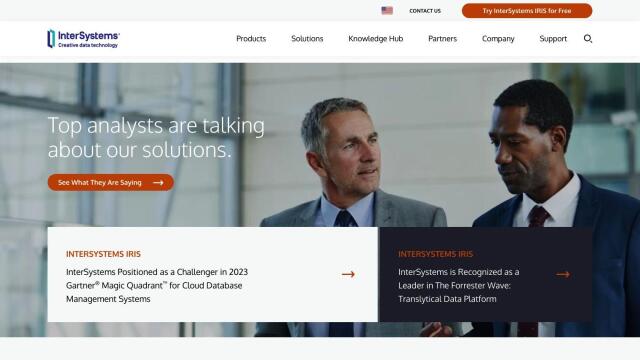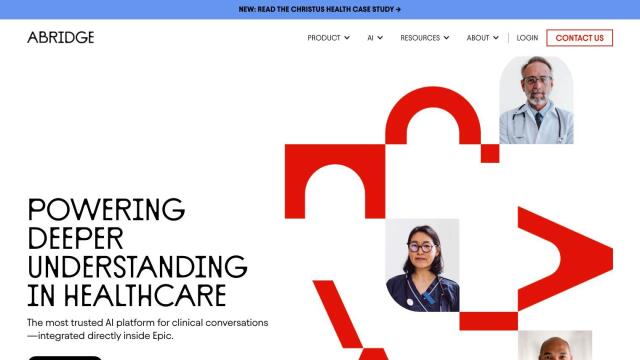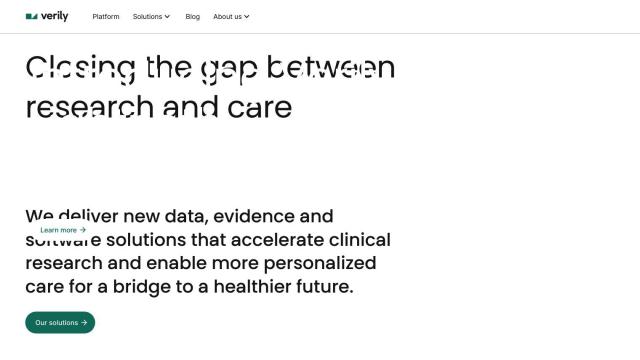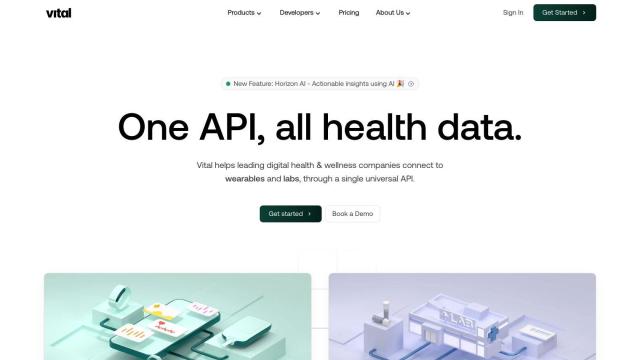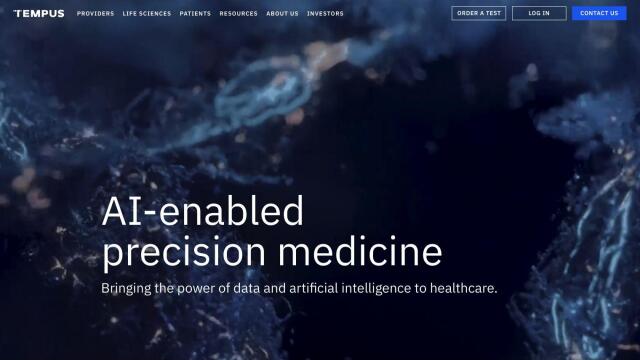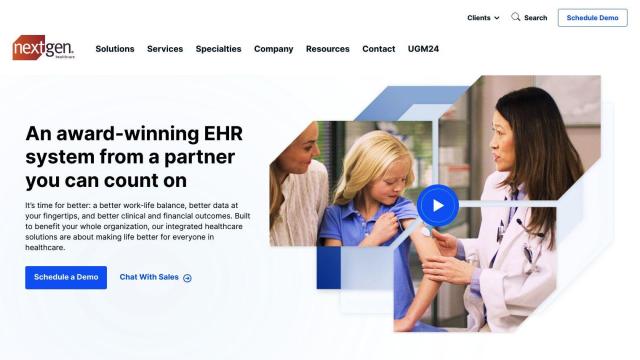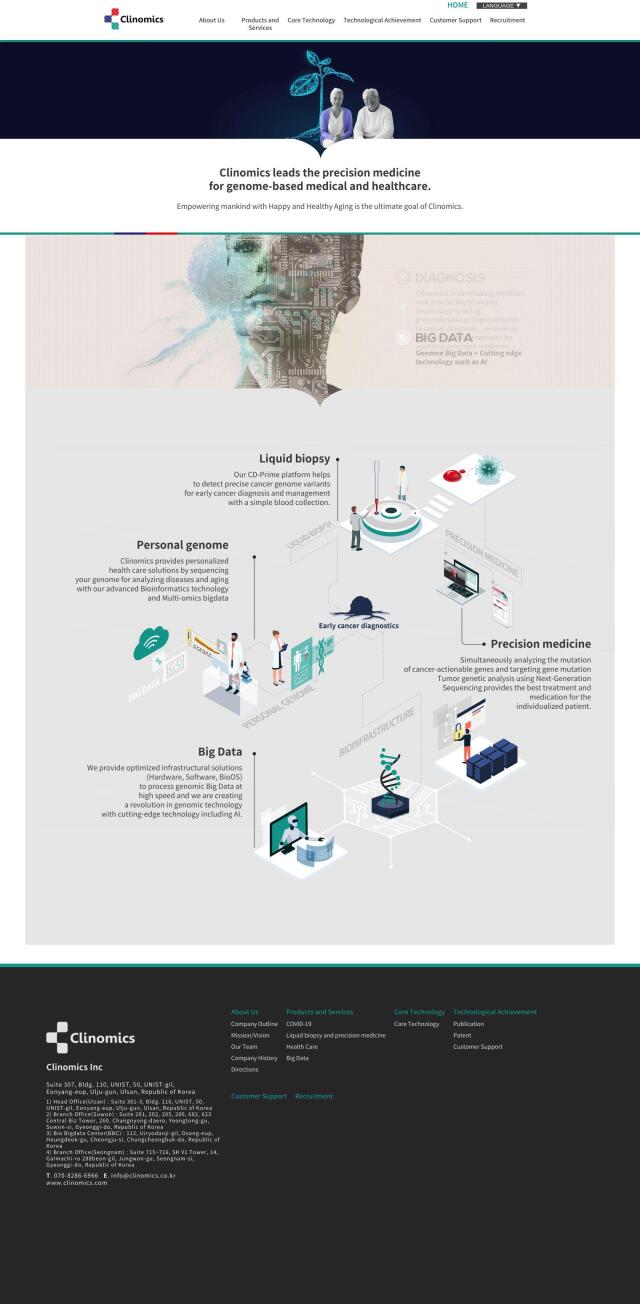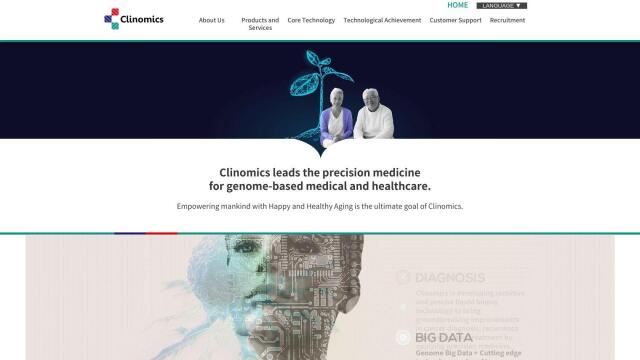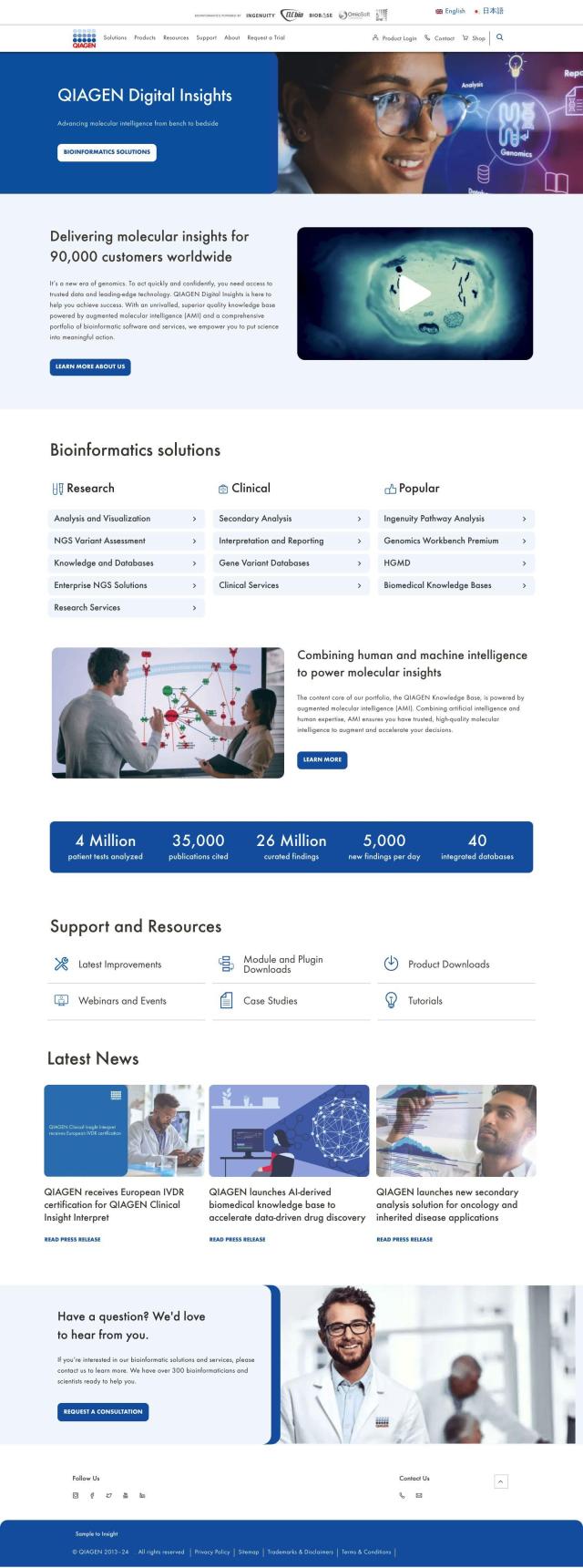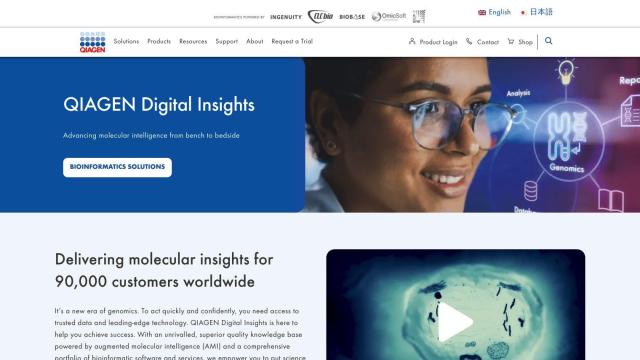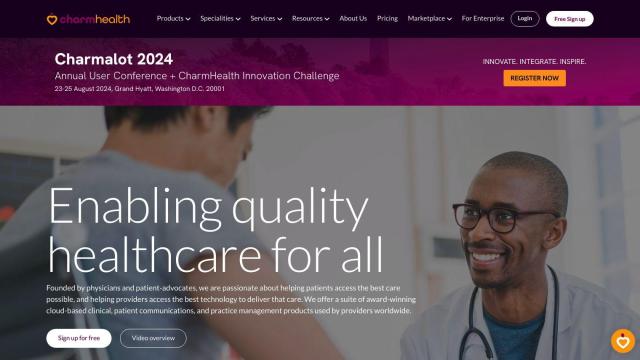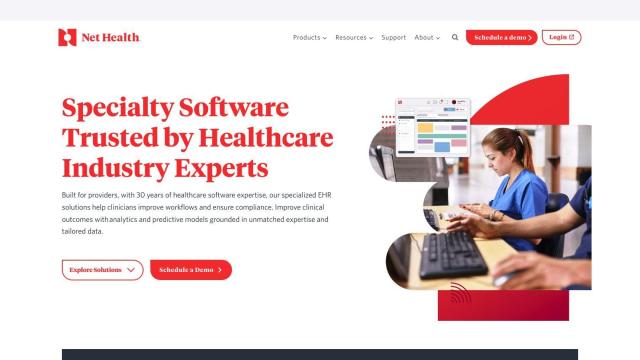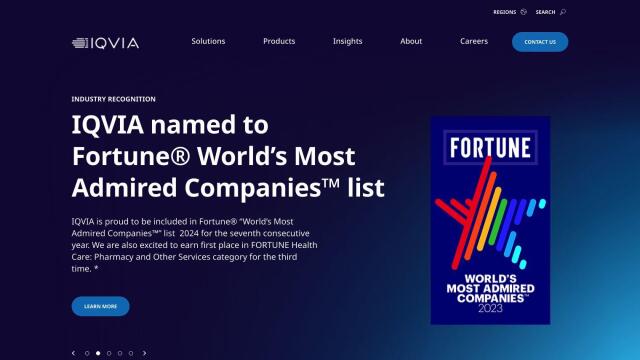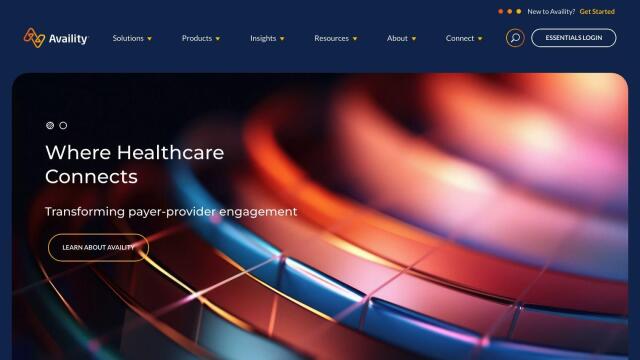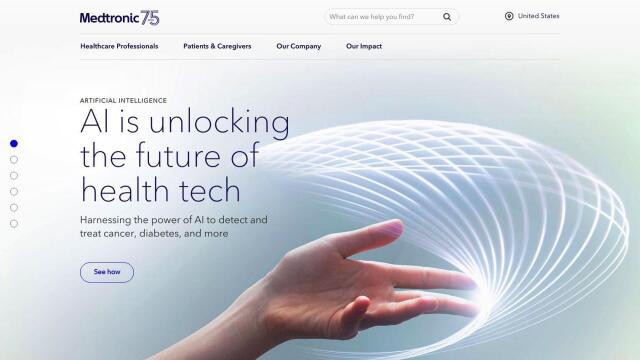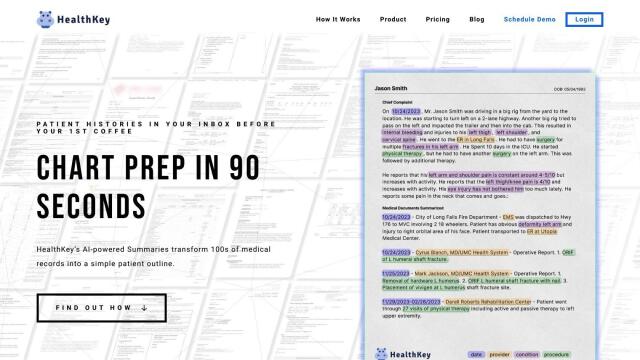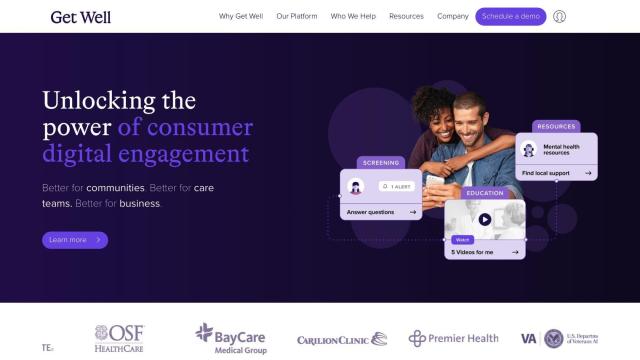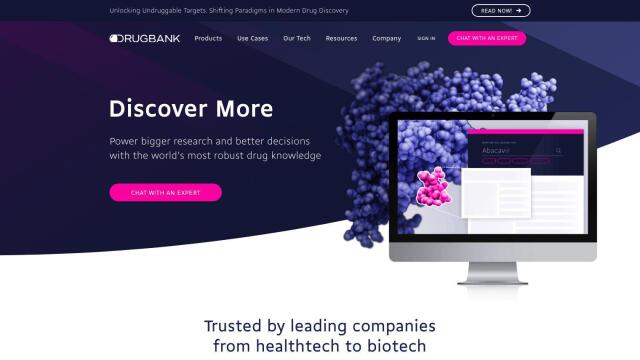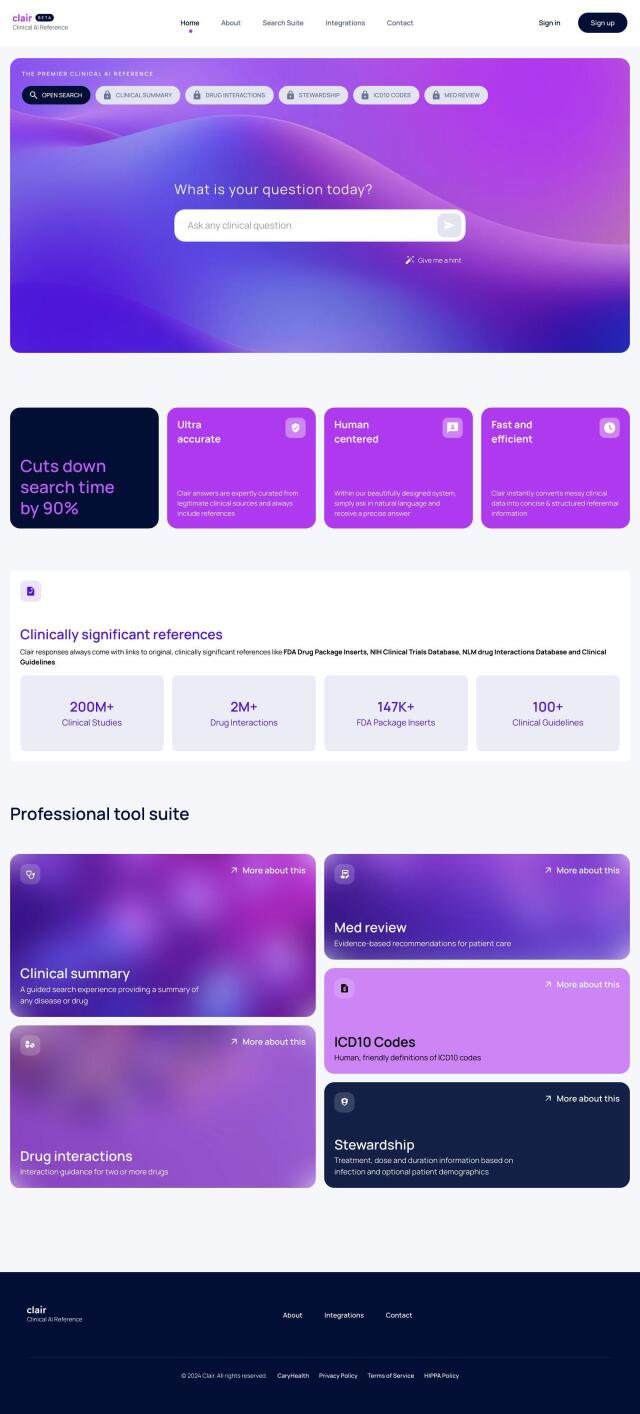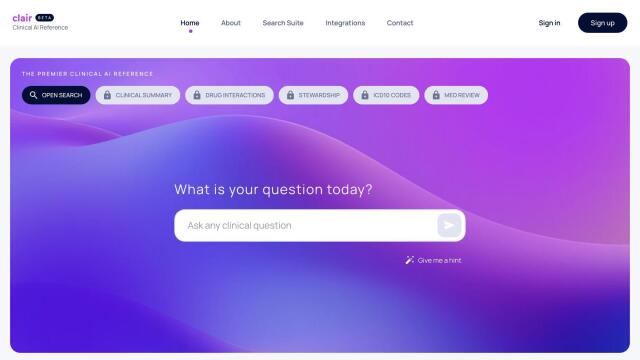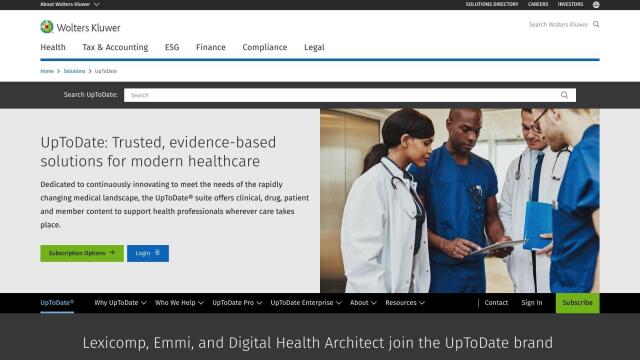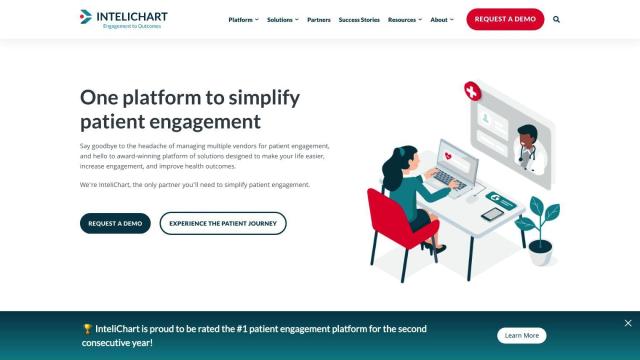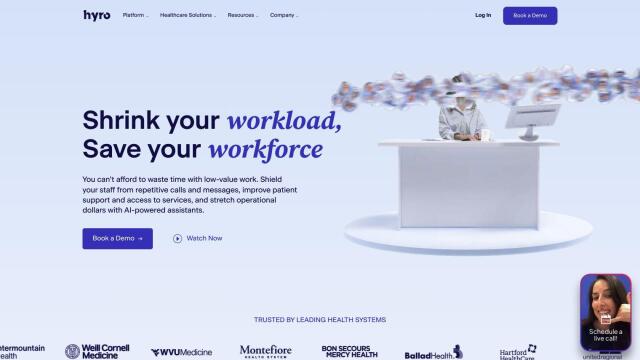Question: I'm looking for an API that can integrate with major health information networks and retrieve comprehensive patient data, including medical history and medications.

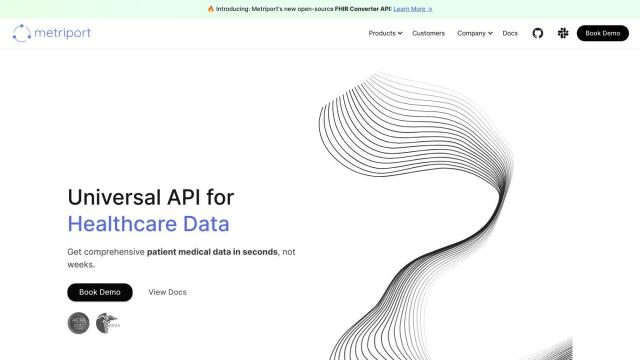
Metriport
If you're looking for an API that can integrate with major health information networks and retrieve detailed patient data, including medical history and medication information, Metriport could be a good choice. This open-source API can integrate with networks like CommonWell and Carequality and supports several formats, including FHIR R4, C-CDA and PDF. It comes with a no-code provider dashboard for managing patient records, data quality with medical coding standards, and a FHIR Converter API for converting unstructured data to structured data. Metriport also has security features like HIPAA compliance, external auditing and multi-factor authentication.
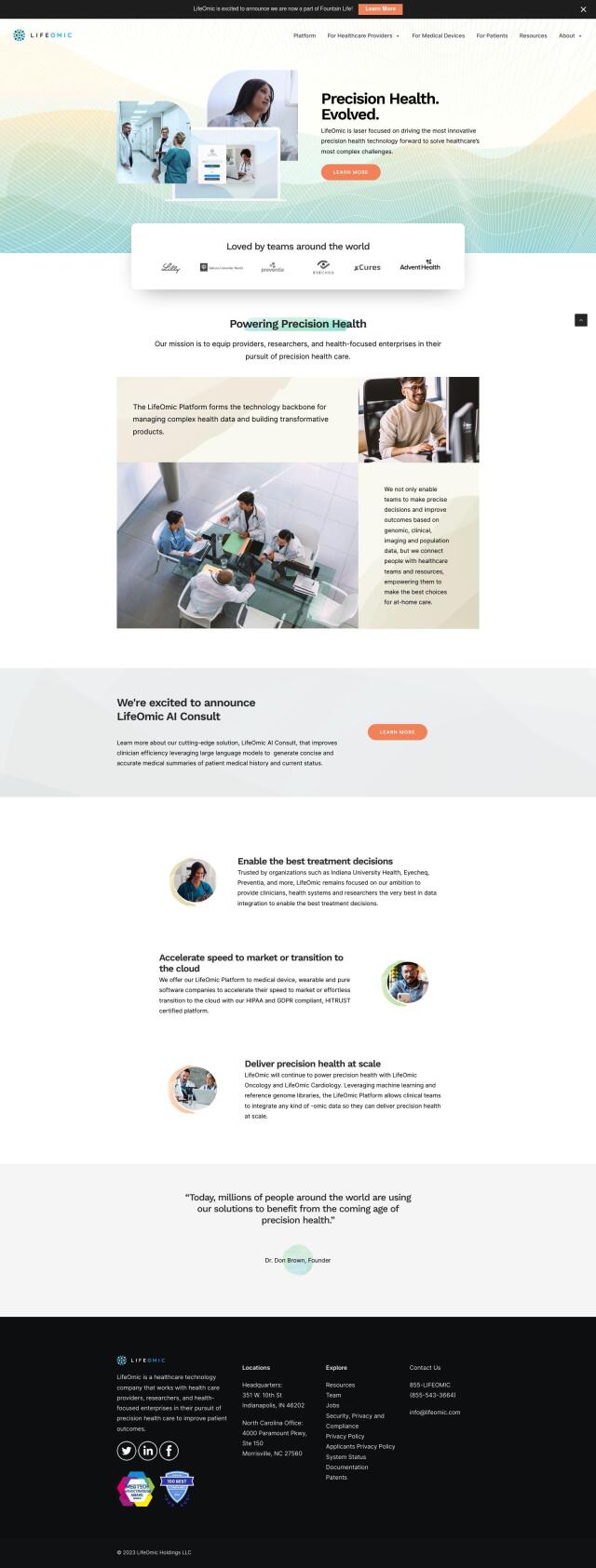
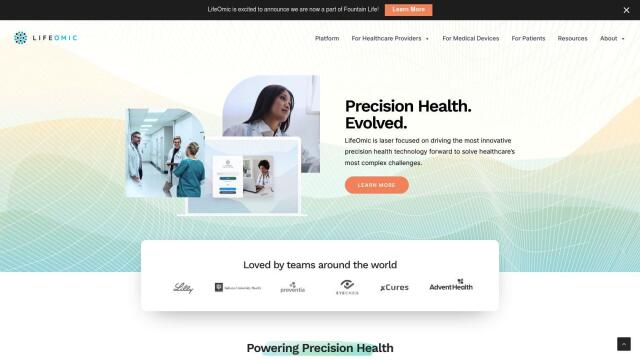
LifeOmic
Another good option is LifeOmic, which aggregates genomic, clinical, imaging and population data to help health care providers make decisions. The HIPAA, HITRUST and SOC2 certified platform includes AI-generated medical summaries, precision health tools and a patient engagement mobile app. LifeOmic's services are designed to improve patient care pathways and reduce clinical workflow friction, so it's a good option for those looking for a more comprehensive patient data management tool.

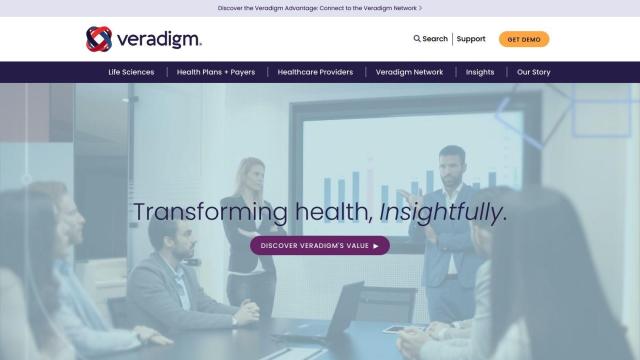
Veradigm
Veradigm offers a variety of health care services that use technology and artificial intelligence to improve health care. It offers access to more than 180 million patient records through its Real-World Data solutions and advanced quality and analytics tools. Veradigm can integrate with EHR systems and offers patient engagement tools, making it a good option for health care providers looking to improve their services.

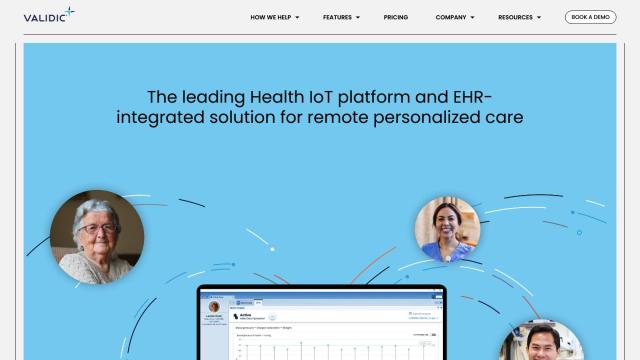
Validic
Last, Validic is a Health IoT platform that can integrate with existing EHR systems like Epic and Cerner to offer remote patient monitoring and personalized care. It can help health care providers manage patient data to inform clinical decisions and streamline clinical workflows. Validic's integration with a large ecosystem of health devices and apps can also help reduce administrative burdens and improve patient outcomes.

